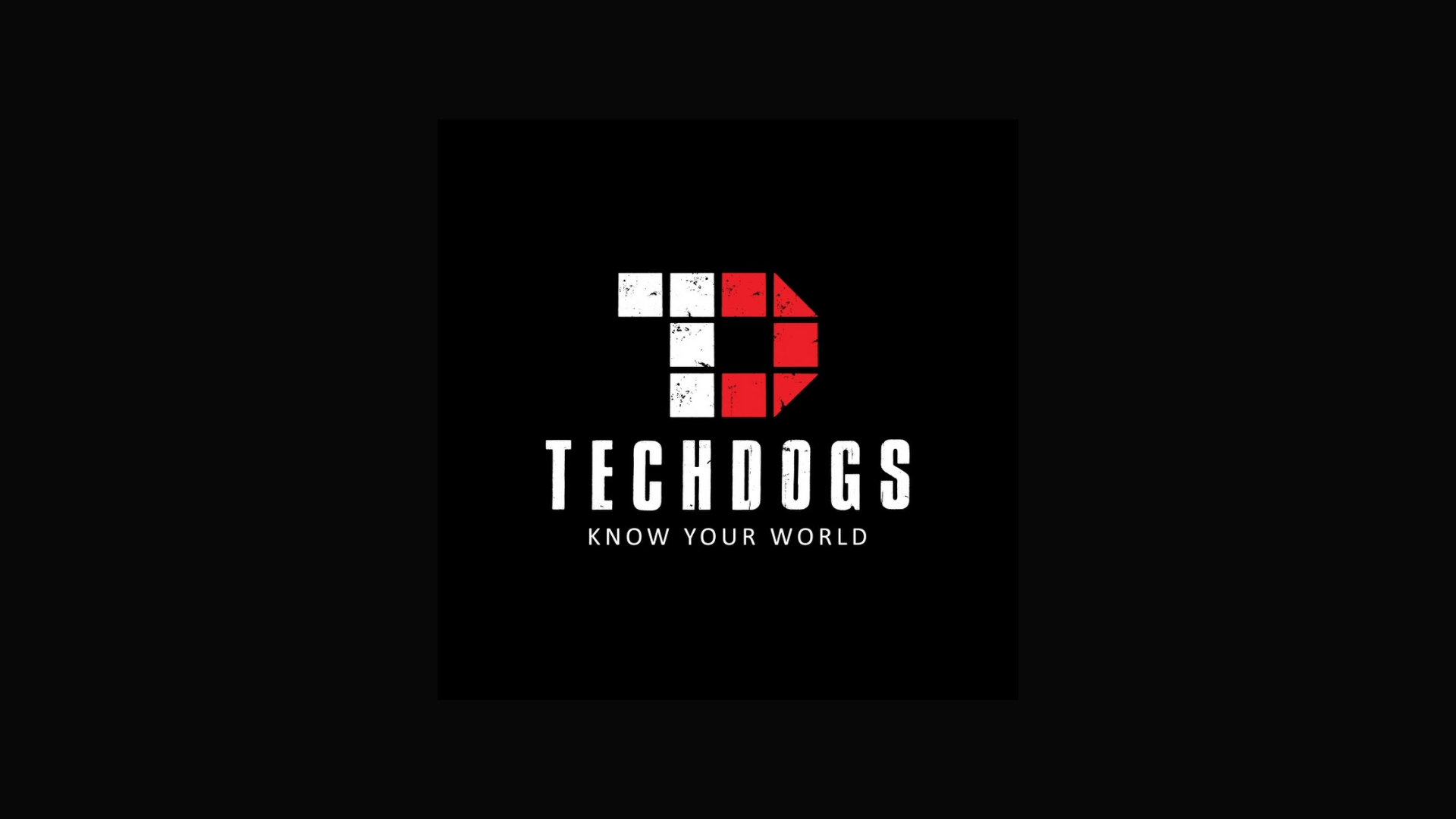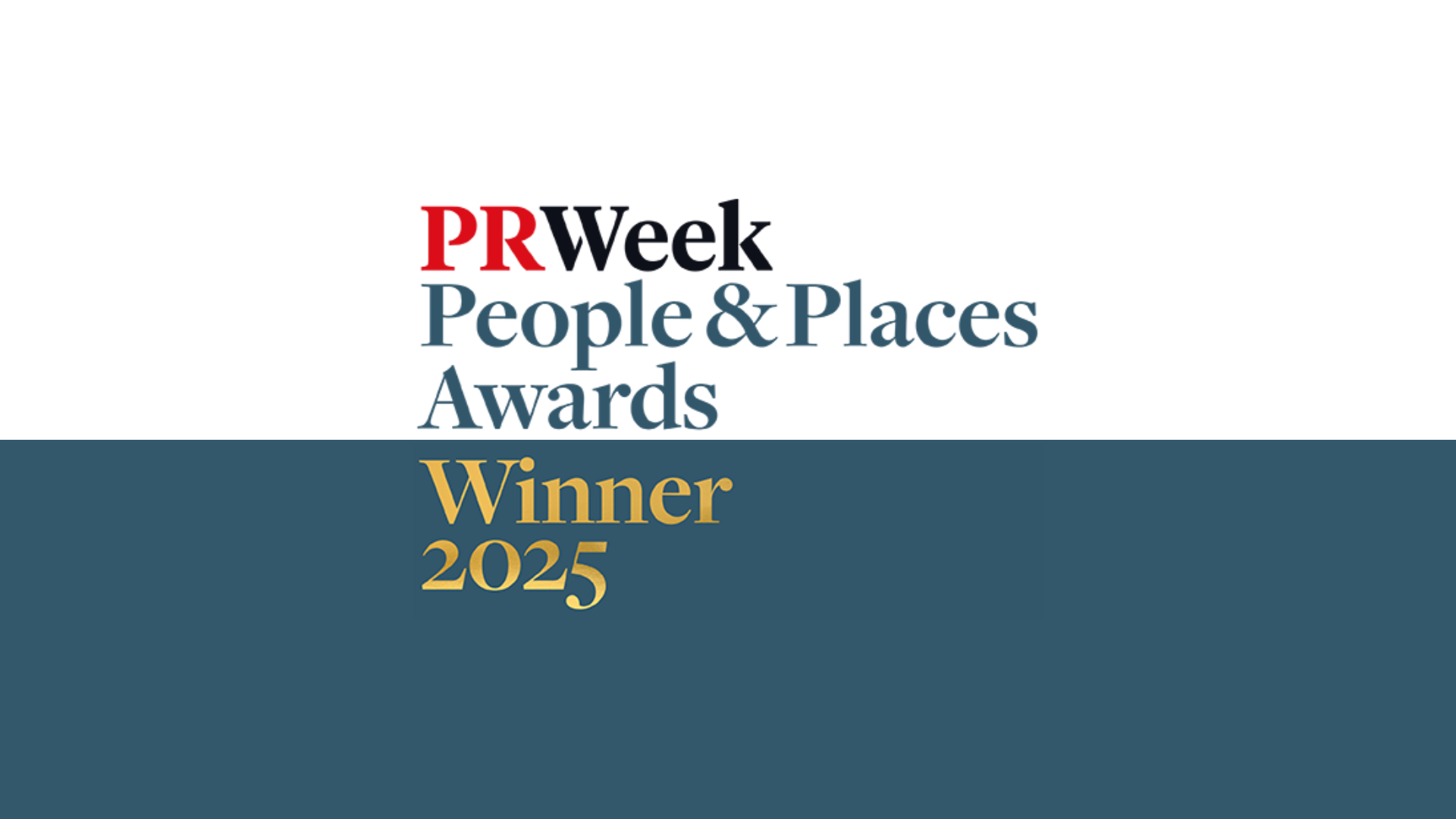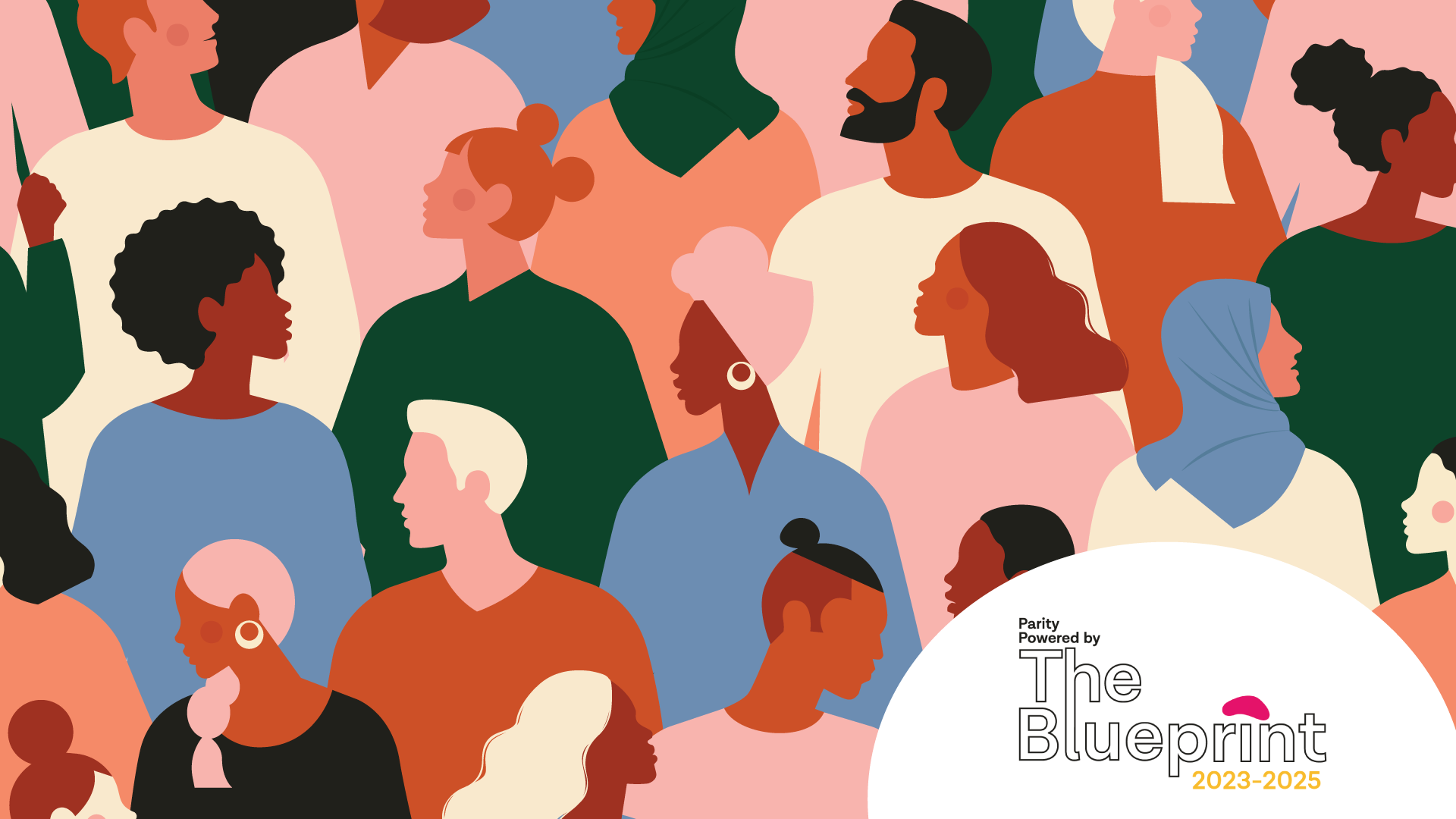Many conditions, like deafness or visual impairment, for example, can be measured on a scale. Autism has no time for scales. Degrees of severity labels are, to my mind, wholly subjective and offer little value when it comes to helping autistic people and their families navigate a seemingly unknowable condition. And it becomes problematic when such labels can, in the long term, determine an autistic person’s quality of life: it may make the difference between a person’s ability feel included in the society to which they belong, or social isolation and unfulfilled potential.
You are probably familiar with the word autism but there’s a good chance you’re not 100% sure of the definition. This is not surprising. Google the term, and its unlikely that you will find a definitive, agreed-upon set of causes and criteria. One thing is certain: it is not an illness caused by a known biological agent. Rather, it is a syndrome – a cluster of symptoms, or the disorder associated with them. These symptoms include impaired communicative and social skills; scrambled sensory processing; delayed childhood development; poor motor functions; an aversion to eye contact; tendencies towards repetitive behaviours. Some of these traits may be visible in people with autism or they may not. It is a lifelong disability which affects how people interact with the world. Today there are approximately 700,000 autistic adults and children in the UK. One in 100 people have autism.
Speaking from experience, I know the difference an inclusive, nurturing environment can make to an autistic person’s life. In the 1990s, my parents battled for a mainstream education for my autistic brother, believing that it might bring him out of his self-enclosed world. Before starting his primary school education, Andrew was content but cut off: unreachable; oblivious to the most familiar objects and people around him. But within the first year, he made great strides in both his concentration and sociability. By the start of year five he was able to acknowledge new people and say hello to whoever greeted him in the playground.
The effect of this learning environment was astonishing. At the start of his journey, Andrew was unable to read, write or hold a conversation. Within a few weeks of schooling, my parents noticed him reading labels like “school” and “ice cream”, and within a few months he was reading fluently (it is not uncommon for autistic children to be gifted readers). By the end of primary school, he could read faultlessly, and his spelling, like his reading, outclassed the less able group of his peers.
While this is a single case, I believe it proves that when an academic institution or professional organisation strives to recognize everyone’s abilities — in all of their nuances — they can bring the required level of understanding and the tools to create a nurturing environment for all.
In the workplace, a little more acceptance, understanding and a few simple adjustments can help more autistic people enter the workforce and use their incredible skills and talents. Interestingly, some traits in people with autism can either be beneficial or limiting depending on how the work environment is organised. Challenges for some might include trouble following instructions or processing requests, difficulty following unwritten rules and reading social situations, and finding workplace culture overwhelming. This might result in social exclusion and in some cases, anxiety.
On the other hand, autism can give individuals traits that are highly prized at work, including focus and concentration on certain tasks, keen attention to detail, problem-solving skills, honesty and integrity, and creative thinking: these qualities are invaluable to the technology sector today.
At CCgroup, we’re striving to improve our policies around inclusivity – particularly in relation to neurodiversity – to provide a much better work environment for employees. We have dedicated part of our office to creating a safe space that prioritises well-being, making it a place where people can discuss their day-to-day experiences and concerns in confidence with their mentors. We check in with our employees regularly and give them opportunities to express their needs. And we continually review this approach to ensure that the initiatives we have in place stay relevant and are conducive to an enjoyable and productive work environment. We promote fully flexible working, allowing everyone to work when and where it suits them. We observe Neurodiversity Celebration Week each year and encourage our staff to participate in educational webinars to help our people understand and value the talents of neurodiverse minds.
While we’re still learning how to create a more supportive environment for autistic friends and colleagues, we will continue to invest time and effort into understanding autism’s unique characteristics and forge a more positive culture of neurodiversity.















